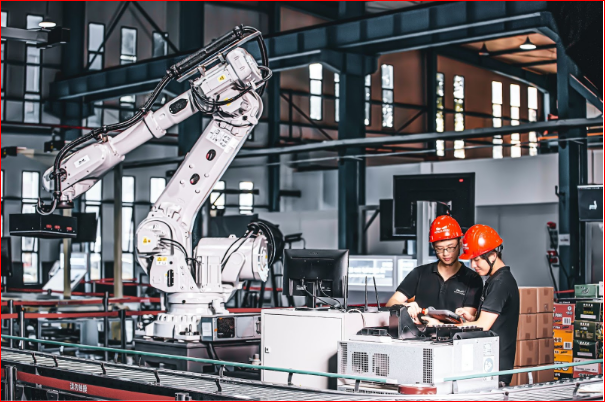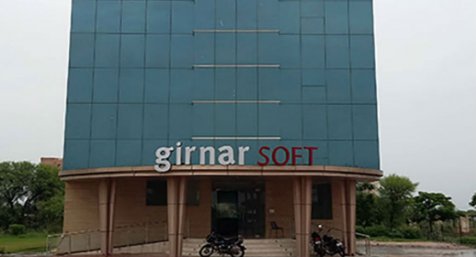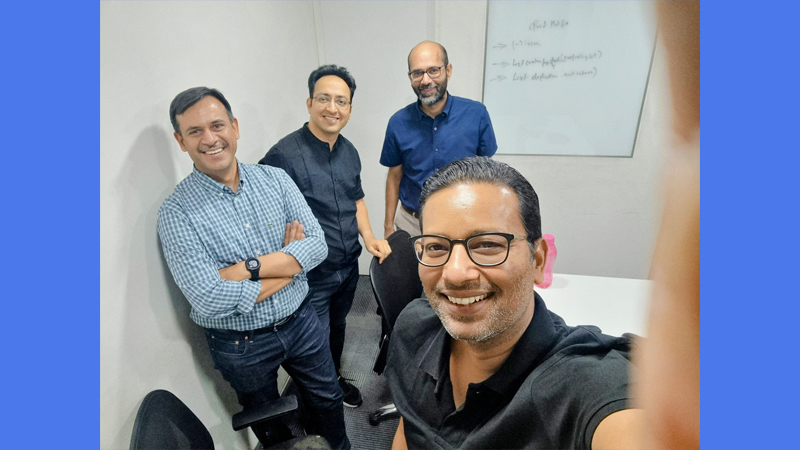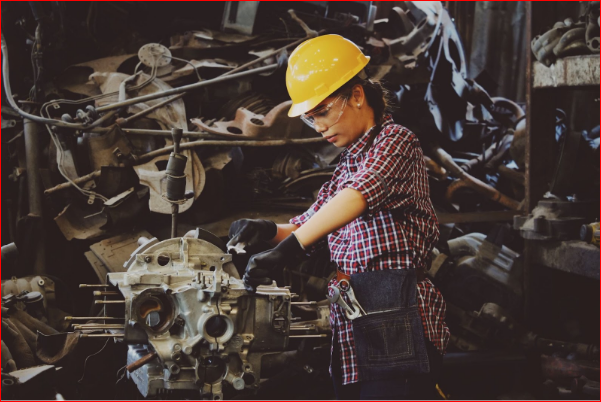With rising demand to produce higher and sustainable profit margins with fewer employees and less capital, we must enhance the reliability process, asset, engineering, design, purchasing, warehousing, and all others. Manufacturing reliability is thus critical to asset availability and on-time, consistent, quality product delivery.
Is this tough to grasp? Don’t be anxious!
In this post, we’ll cover manufacturing reliability, maintenance planning and scheduling tips, and the shutdown checklist.
So let’s get started.
Table of Contents
What Is Manufacturing Reliability?
It is the likelihood that the product (system) will execute its intended purpose for a defined time under typical (or stated) environmental circumstances.
For example, you consider quality performance while identifying losses and assessing manufacturing reliability. Increased production reliability will boost product throughput and shorten the time it takes from raw materials to a completed product. Better dependability is the cornerstone for a more efficient and secure production flow. As a result, losses from late deliveries, overproduction, works in progress, and energy expenditure will be reduced.
What Exactly Is Reliability Maintenance?
Reliability-centered maintenance (RCM) is a corporate-level maintenance strategy used to optimize a company’s or facility’s maintenance program. An RCM program’s result is deploying a specified maintenance plan on each facility’s assets.
Individual assets are matched with the maintenance procedures that are most likely to achieve cost-effective results in reliability maintenance. The purpose of reliability maintenance is to keep all the equipment running at optimum levels for maximum resource utilization. This, in turn, brings more efficiency that results in improved aggregate performance and higher turnovers.
Tips for Maintenance Planning and Scheduling
Effective maintenance planning and scheduling concentrate on prioritizing and arranging chores to finish them as quickly as feasible. Consider the following when doing so:
Choose Effective Maintenance Planners
Effective maintenance planners are often senior crew technicians that have a solid connection with coworkers and are well-versed in the plant. They must be highly trained and have a strong understanding of maintenance planning ideas and methods.
Train the Planner Properly
Ensure that the maintenance planners understand industrial maintenance and how to use your plant’s work order software, including data extraction and report generation, so they have a thorough understanding of equipment maintenance history.
Recognize the Distinction Between Planning and Scheduling
It is critical to emphasize that planning and scheduling should be maintained distinctively. Planning determines which maintenance activities must be undertaken, how they will be executed, and which components and tools are necessary. Scheduling entails deciding when you will accomplish a task. Planners should plan the work but never schedule or execute the tasks.
Make Sure Job Plans Are Clear and Concise
Technicians should be able to execute jobs without stopping to look for further information. To avoid this, job plans should contain information such as how long a task is estimated to take and any unique tools or supplies needed. Instructions should be basic enough for even the most inexperienced technician to grasp.
Provide Feedback on Activities Completed
Making efficient maintenance planning needs relevant, up-to-date data. Once a task is completed, technicians should send detailed feedback— positive or poor— to the planning department using the work order system software. Simply stating “complete” or “fixed” does not provide sufficient information to determine what is and is not working.
Make Modifications iIn Response to Input
Technicians provide feedback for a reason. Planners must examine all comments to ensure that work orders are improved or stay effective. It also shows technicians that their voices are heard, motivating them to offer positive feedback.
Why Is Reliability Consulting Now Extinct?
Aside from the traditionally highly expensive bill rates for working with a process or model-driven reliability consulting business, it is now clear that the necessity for “intellectual property” to establish a progressive asset management program is no longer relevant.
There are tried-and-true “best practices” that powerful companies could research and use. Maintenance and reliability specialists have been examined several times, and the need to have current gaps indicated on issues that they were previously aware of is costly and does not provide value in many circumstances.
How Can Maintenance Consultants Facilitate?
Maintenance consultants are essential. They do a lot to help you with maintenance reliability. Some of the essential duties of a maintenance consultant include the following:
- Assist in the creation and execution of equipment reliability improvement plans.
- Develop compatible and optimum maintenance programs in collaboration with your client’s Maintenance and Operations teams.
- Lead problem-solving groups on teams, establish maintenance standards, and optimize predictive/preventive maintenance, failure analysis, vibration analysis, and all essential reporting.
- Create customer KPI reports to identify parts of the maintenance process that are underperforming.
- Assess and execute preventative maintenance programs and predictive maintenance technology.
Importance of Maintenance Training
Maintenance growth and implementing current computerized systems necessitated extra training. Historically, maintenance mechanics were responsible for all of the facility’s equipment, including:
- Electrical
- Electronics
- Ssheet metal
- Welding
- Troubleshooting, and so on.
With the introduction of linked processes, maintenance needed to specialize in getting the knowledge required to keep enterprises running properly. Also, the maintenance person needed to master the interrelationships of all the equipment inside the process.
In past years, efficient firms learned that maintenance requires more than enough training. Training must also be extended to facility and factory management for them to design successful programs, define clear, long-term objectives and priorities, and comprehend the daily actions of the maintenance personnel.
Maintenance and reliability training has the potential to solve a wide range of efficiency issues. More information leads to a deeper understanding of how things are done and, perhaps more significantly, why they are done that way. This will not only make employees feel more competent in their roles, but it will also make them feel more involved in the organization.
Shutdown Checklist
Shutdowns are an excellent opportunity to renew operator training. Utilize your employees’ leisure time to reinforce correct lifting procedures, proper rigging, and practices that will extend the life of your equipment. Completely follow the plant shutdown checklist.
Provide Specific Special Instructions
As the manager, it is typical for you to issue unique job instructions that are not included in the shutdown procedure. Ensure that the instructions are clear.
Take Immediate Actions When Deviation Occurs
Occasionally, an unforeseen situation occurs during the plant shutdown procedure. To prevent a larger problem, act fast and correctly. Keep track of the problem and the steps you’ve done to solve it.
Carry Out Nitrogen Gas Blowing or Total Replacement
When judging nitrogen gas blowing or replacement finish, do not depend on the Lower Explosion Limit (LEL) value. Blow out the flammable gas fully until it reaches zero.
Maintain a Frequent Safety Patrol On-Site
While the plant shuts down, regular safety patrols are still required. Continue with this activity. Make sure that your colleagues will do the same.
Complete Any Undone Tasks
Any plant closure actions must be entirely handed off. Explain everything in detail. What steps have previously been completed, are now in progress, and what tasks remain?
Make Use of Shutdown Safety Slogans
Finally, I urge that you employ safety slogans created just for the shutdown time. Its primary function is to keep you alert to any potential hazards.
The Ending Note
Excellent manufacturing reliability creates an environment where the asset can be harnessed while remaining near maximum capacity. It also maintains maintenance expenses stable, long-term, and better than average.
Furthermore, because they are not constantly dealing with equipment failures, maintenance organizations at reliable facilities are highly effective at planning and scheduling tasks.













